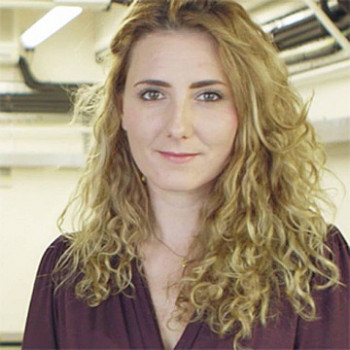Events
MoBioC 2022 Seminar Series: Dr Andela Saric (University College London)
Date: 16 February 2022
Feeling and producing mechanical forces by protein assemblies
Responding to mechanical cues and producing mechanical forces is central to survival and adaptation of all organisms. To do so, cells often dynamically organise their cytoplasmic and extracellular proteins into functional nanoscale structures that sense and produce mechanical forces. Such processes are multi-scale in nature and driven far from thermodynamic equilibrium.
Our group develops minimal coarse-grained computer models that can capture molecular self-organisation into large-scaled assemblies that respond to or produce mechanical work. Today I will discuss our research on i) modelling protein assembly in the extracellular matrix, coupled to mechanical forces, and ii) the production of mechanical forces by ESCRT-III filaments in cell trafficking and cell division. Beyond their biological context, our findings can also guide the design of artificial structures that mechanically sculpt cells and sense forces at the nanoscale.
Updated by: Julien Gautrot


